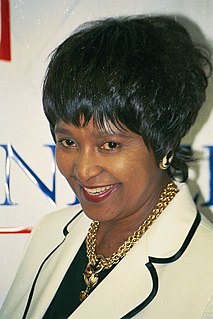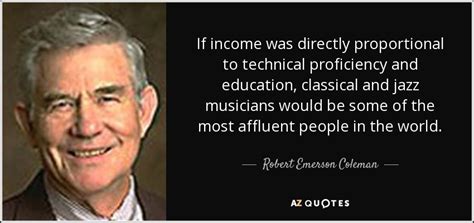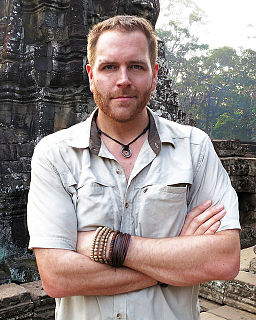A Quote by Jason Mraz
The power of the masses can influence any government in the world. The power of the masses can elect an official, start a revolution, and drive history. Nelson Mandela did it alone from his prison cell. Ghandi did it lying down. Egypt did it singing songs.
Related Quotes
Contrary to what we, the people, have been told, we are the power; we have supreme authority because we are the masses and true power always resides with the masses, never with the global elite who, by their very nature, have always been a vulnerable minority and will always continue to be...As long as the masses realize that, of course.
Even here in America, we felt the cool, refreshing breeze of freedom when Nelson Mandela took the seat of Presidency in his country where formerly he was not even allowed to vote. We were enlarged by tears of pride as we saw Nelson Mandela's former prison guards invited, courteously, by him to watch from the front rows his inauguration.
Changing things is not easy, and I say this without any irony. It is not that someone does not want to, but because it is a hard thing to do. Take Obama, a forward-thinking man, a liberal, a democrat. Did he not pledge to shut down Guantanamo before his election? But did he do it? No, he did not. And may I ask why not? Did he not want to do it? He wanted to, I am sure he did, but it did not work out. He sincerely wanted to do it, but did not succeed, since it turned out to be very complicated.
The famous passage from her book is often erroneously attributed to the inaugural address of Nelson Mandela. About the misattribution Williamson said, "Several years ago, this paragraph from A Return to Love began popping up everywhere, attributed to Nelson Mandela's 1994 inaugural address. As honored as I would be had President Mandela quoted my words, indeed he did not. I have no idea where that story came from, but I am gratified that the paragraph has come to mean so much to so many people.
There is no battle space the U.S. Military cannot access. They said we couldn't do Afghanistan. We did it with ease. They said we couldn't do Iraq. We did it with 150 combat casualties in six weeks. We did it so fast we weren't prepared for their collapse. There is nobody we can't take down. The question is, what do you do with the power?




































